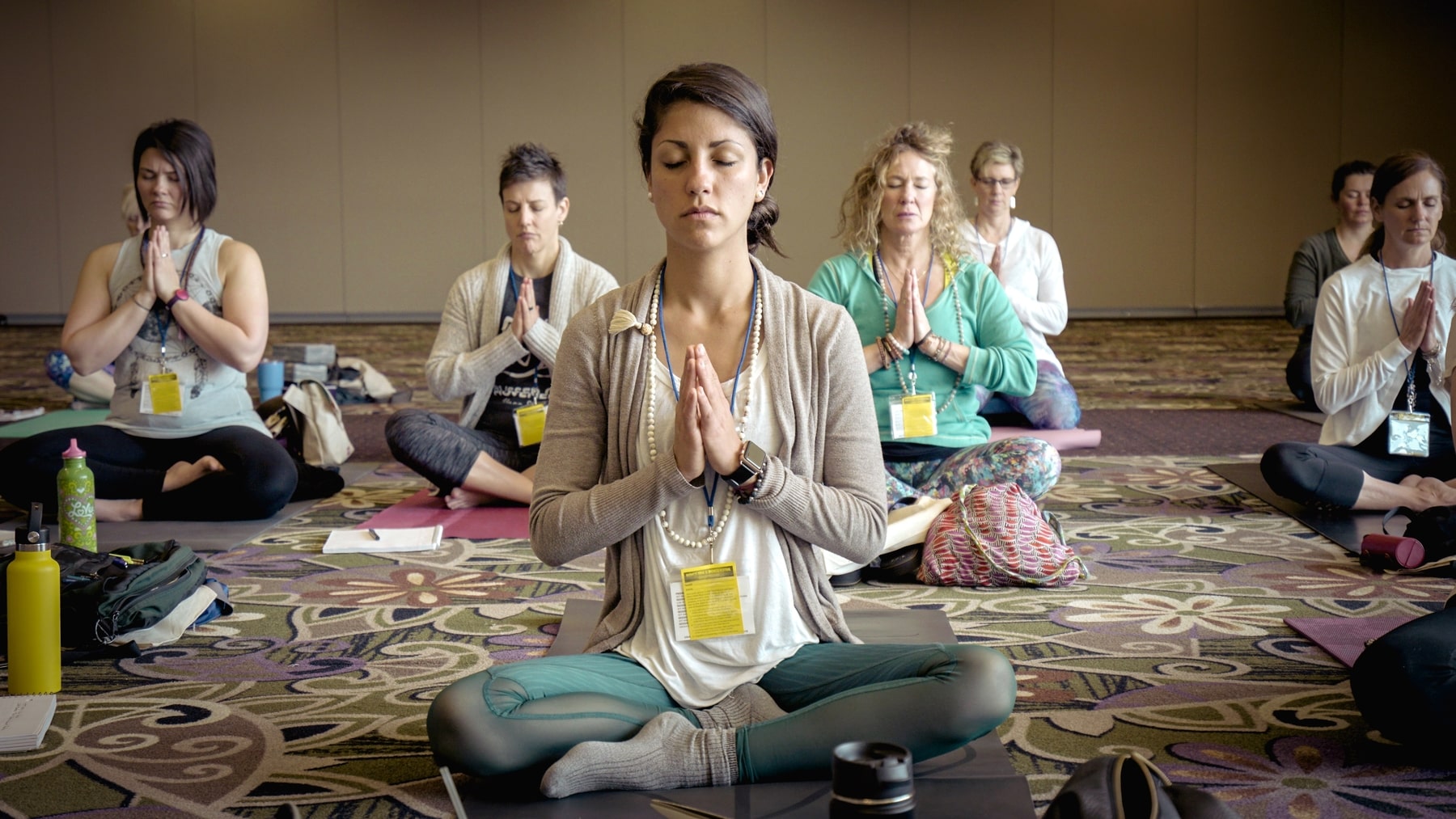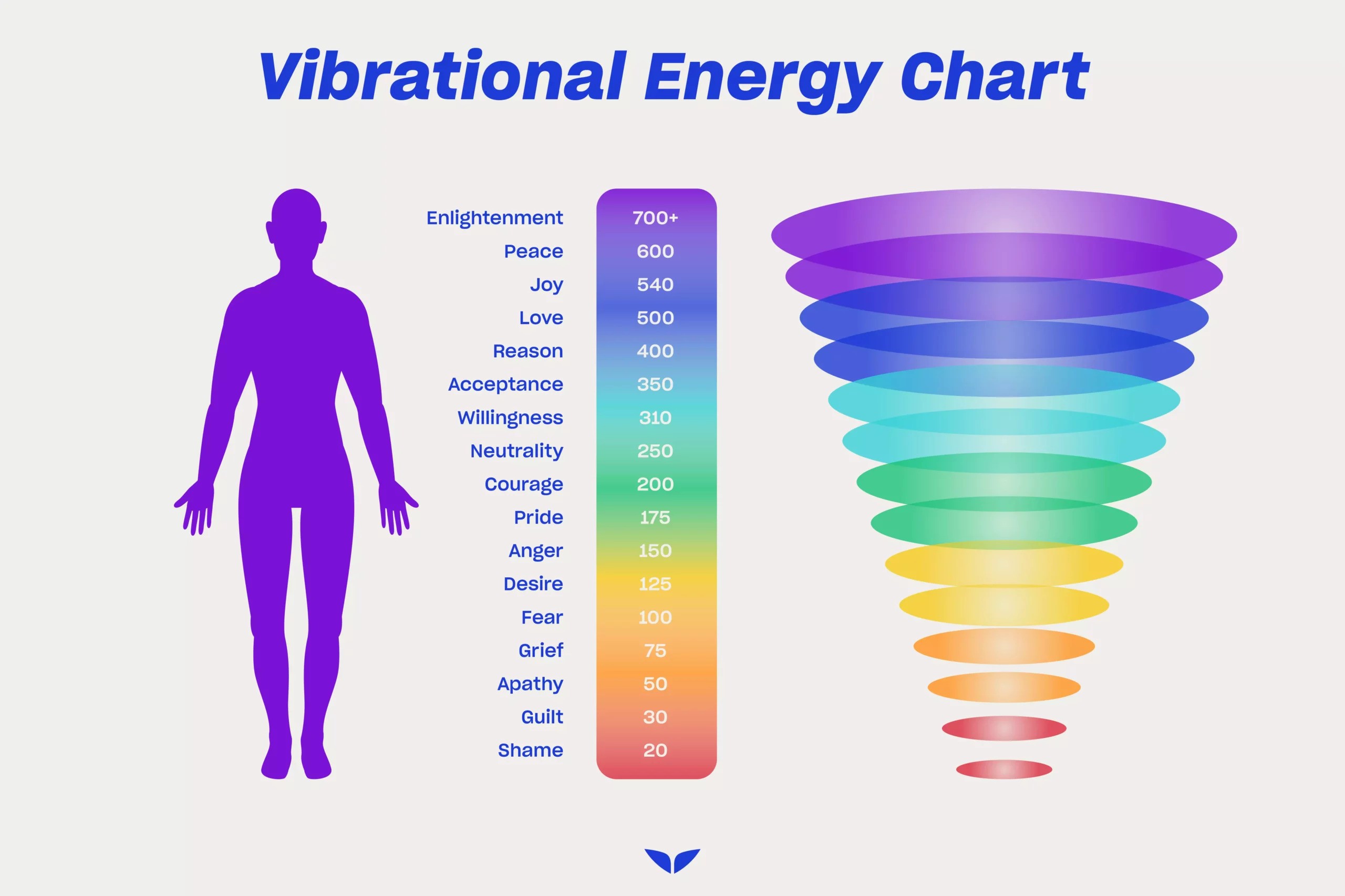Best 14 Tips For Meditation For Beginners
It’s well-known the benefits of meditation about your body and mind, but when you just get started you can find it challenging to maintain a regular practice, but this is completely normal because, like any other skill, it takes time until you learn it.
In this article, we will cover the best tips for meditation for beginners that will help you work through the common obstacles that many beginners encounter, so you can start practicing meditation daily.
Tips For Meditation For Beginners

1. Make up your mind for a time to meditate, and stick to it.
When you get started with meditation, it’s easier for you if you choose a time of the day when you do your meditation and try to do it at the same time every day.
Another method you can use to simplify the process, in the beginning, is by pairing meditation with other daily habits you already have in place, for instance having a coffee or journaling before bed.
Like any other habit, you will learn it by repetition, so if you find it challenging in the first days, don’t worry because you are not the only one who encounters this, just stay consistent and you will see results.
2. Start practice meditation without expectations
You have to understand that meditation is not a quick fix to solving all of life's problems. Think meditation like any other exercise, it needs time, effort, and consistency to start to observe the benefits.
Don’t practice meditation for the benefits you will have after, or thinking about how much better of a person you will be, instead try to approach every meditation session as an opportunity to get to know your mind better and becoming aware of your current thoughts pattern.
3. Wait few moments to clear your mind and wind down
Jumping directly into meditation after a stressful day at work is not the best method you can approach. You can find it hard to stay focused and calm your mind, instead try to take a couple of moments to wind down, and then you can begin your meditation practice. This will help your mind to stop thinking about things that happened during the day, and it will be easier for you to focus more clearly.
4. Calm your body by during few deep breaths
Calming your body before meditation is very important because if your cortisol (stress hormone) level is high your body is in fight or flight mode, so you can find it very hard to stay focus on your meditation.
By doing few deep breaths you trigger the relaxation response that will calm your body. When you start the meditation, your breathing should return to a normal rate, helping you to focus more easily on breathing.
5. Try to not move too much during meditation
It is very common to feel restless when you practice meditation, if you don’t feel right with your position or you feel uncomfortable, just try to change your position and start the process from the beginning. But try not to let your position become a distraction in itself.
You will notice after few minutes of meditation that this restlessness will disappear if you succeed to keep your attention on your breathing.
6. Just breathe
The meditation sessions did not have to be a complicated process. You just need to pay attention to your breath and every time you start feeling that your attention goes to any thought you just need to come back to focus on your breath.
You can even label the breath "in" as you inhale, and "out" as you exhale, to help stay focused, or you can start counting from 0 to 10 and vice versa for every inhale and exhale.
7. Be kind to yourself
You will notice that some days will be easier than others when it comes to meditation, you have to treat yourself with kindness no matter what you may be experiencing at any given moment.
Your meditation depends on many factors like how much stress you accumulated during the day, the amount of sleep you had the night before, how tired you are at the moment when you start the meditation.
Just treat yourself with kindness and be understanding with yourself.
8. Start feeling every part of your body
Before meditation, with your eyes closed, start thinking about every part of your body. You can start from the top of the head, then go down to your neck, arms, chest, abdomen, until you get to your foot’s fingers.
You will notice that practicing this technique will relax your body and you will get in the state of meditation faster.
9. Be aware of your emotions
You will notice that after meditation you will feel happy, but it’s very normal if you feel a little down. The meditation process brings up good emotions, as well as bad emotions, but it’s perfectly normal, by noticing our emotions we can get to know ourselves better, and finally become the best version of ourselves.
10. Practice it the next day, even if you don't feel like it
Creating a routine and practicing it every day is the most important thing when it comes to meditation. A study made in 2018 found that meditation every day for 15 minutes has the same effect on your body and mind as a vacation. Even if it doesn’t feel like a vacation, practicing it every day will help you to reduce stress in your life and improve your well-being.
11. Start using guided meditation apps or take a course
If you find it hard to stick to a practice routine every day, you can start using apps for guided meditation. There are a lot of apps out there that can help you get started.
Few examples of apps you can use:
For daily use: Headspace
For sleep: Calm
For skeptics: Ten Percent Happier
12. Get creative about your location
It’s recommended that your regular meditation sessions happen in the same place every day for consistency, sometimes this can help you begin the meditation process easily. But sometimes that simply isn’t possible. The great thing about meditation is that it can be practiced anywhere at work, at home, in a park, even walking on a busy street. It doesn’t matter where it happens, as long as you can find stillness and focus on your breath.
13. Find the best position for you
Stop thinking about the cross-legged positions, for some people this position is very uncomfortable, you don’t need to force yourself to stay in a position that won’t work for you. Instead, try to find a position that makes you relaxed and calm. Meditation is not about the position you stay, but your ability to stay focused on your breath for a certain period.
The best meditating position for most people is somewhere in between: sitting in a chair or on a sofa, arms and legs uncrossed, and feet flat on the floor.
14. Find a meditation partner
You don’t need to do meditation together, but finding another person who is interested in this process, can help you to stay motivated. With a friend as an accountability partner, you’re less likely to make excuses and more likely to show up day after day.
Tips For Meditation For Beginners: The bottom line
The most important thing when it comes to meditation is to not make it more complicated than it is. Practicing meditation is a habit that can be learned like any other habit but it takes some effort and time (especially in the beginning) until you start getting used to the process. Don’t think too much about how well you will feel after meditation, just practice it as a way to know yourself better. I hope these tips for meditation for beginners will guide you in the meditation process.



